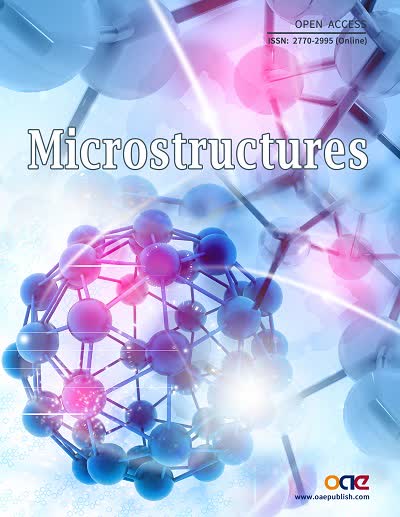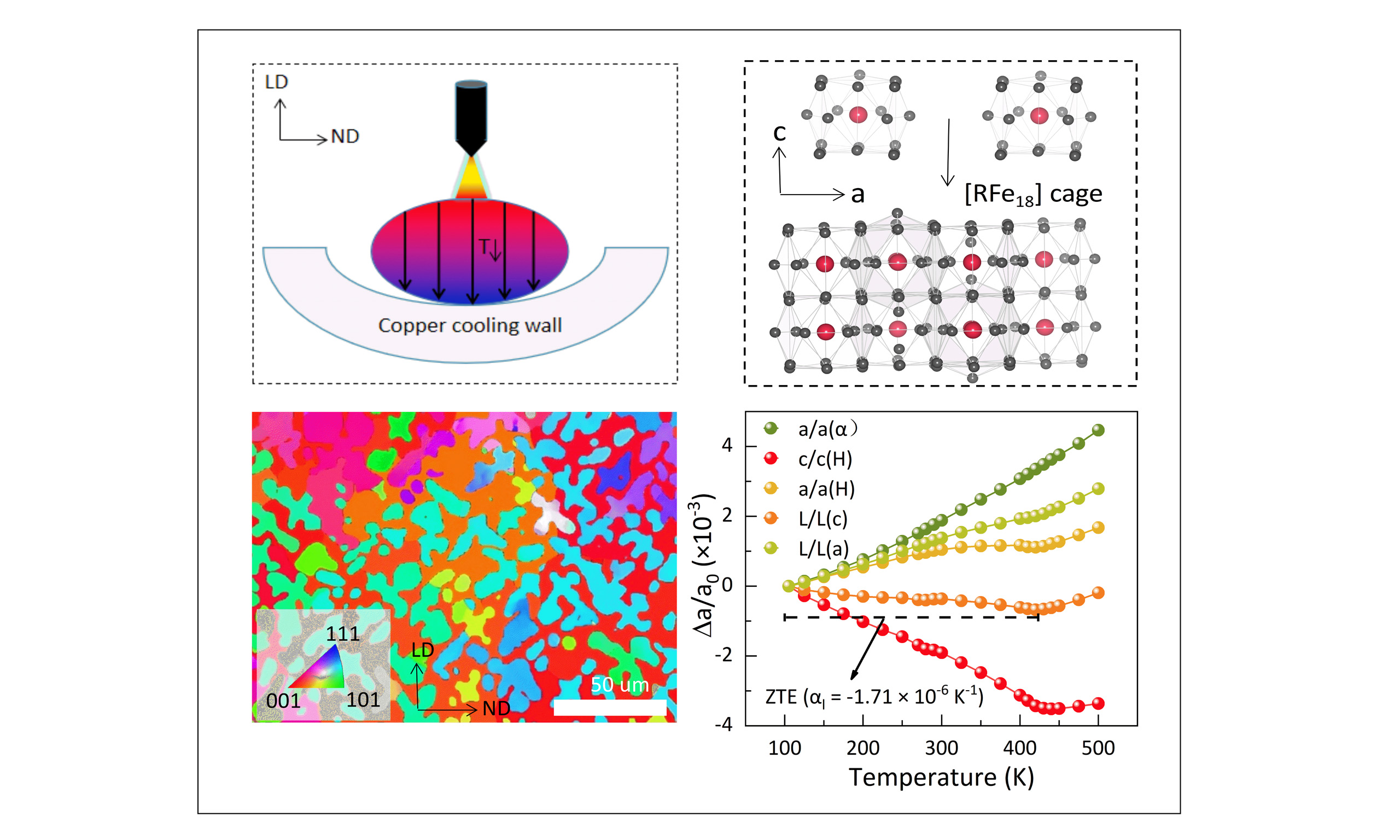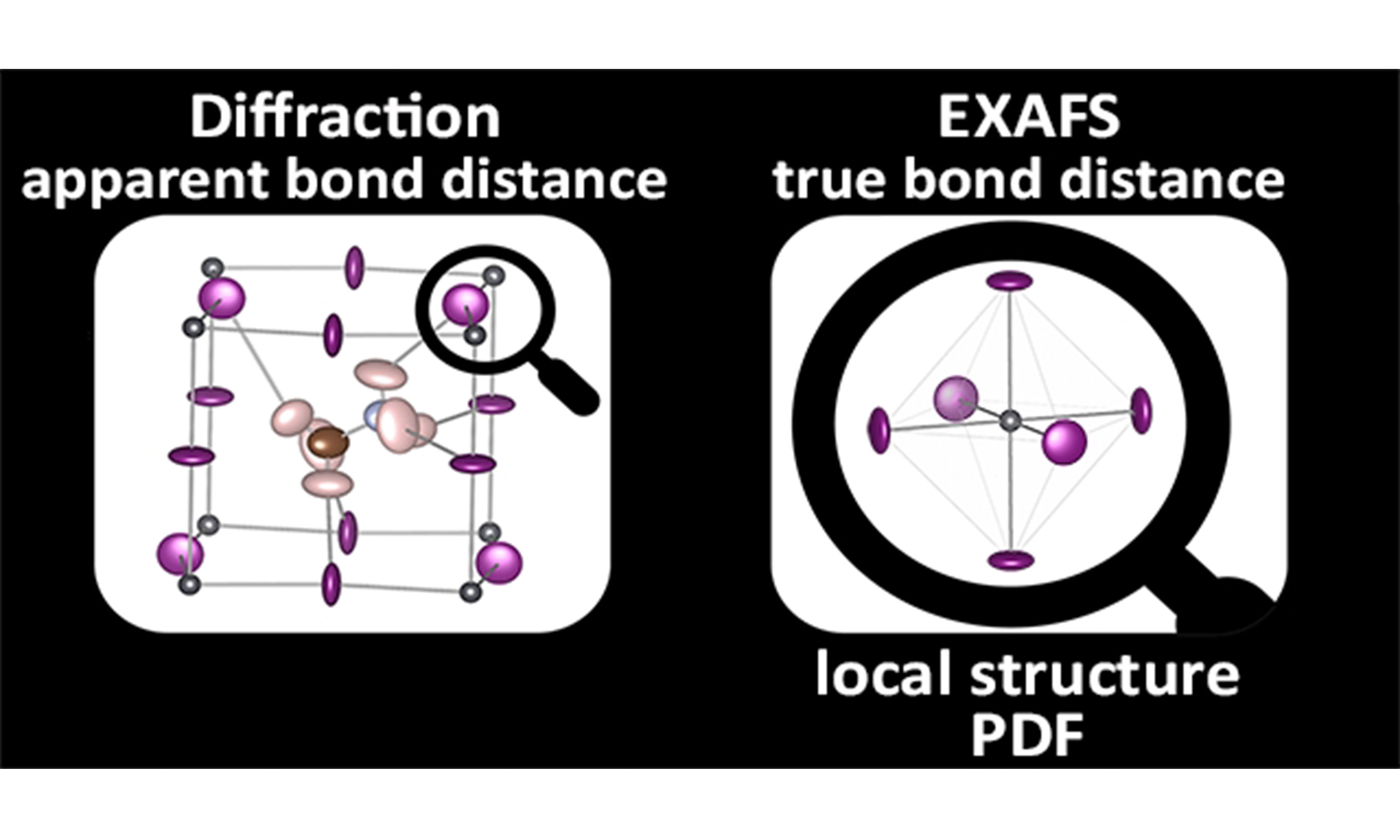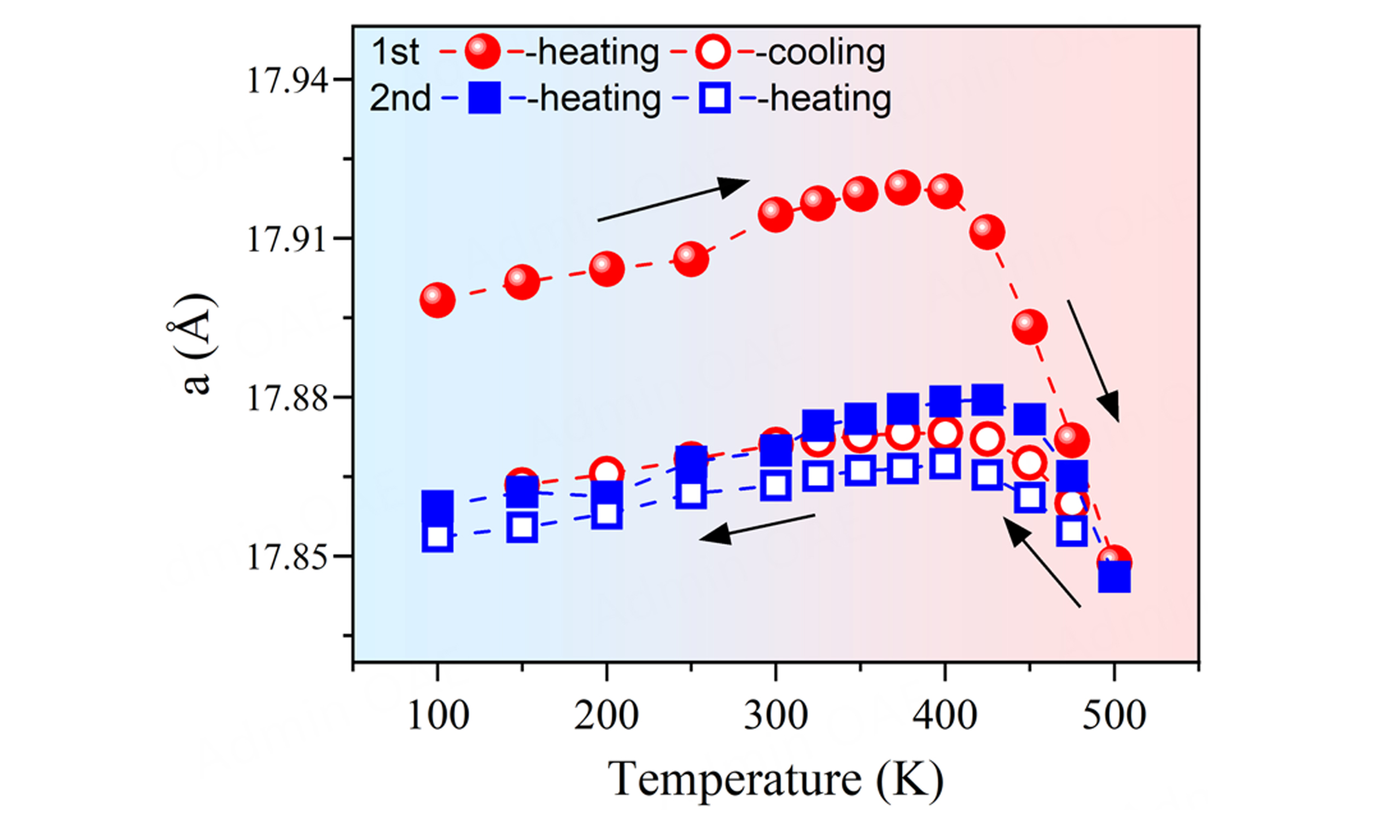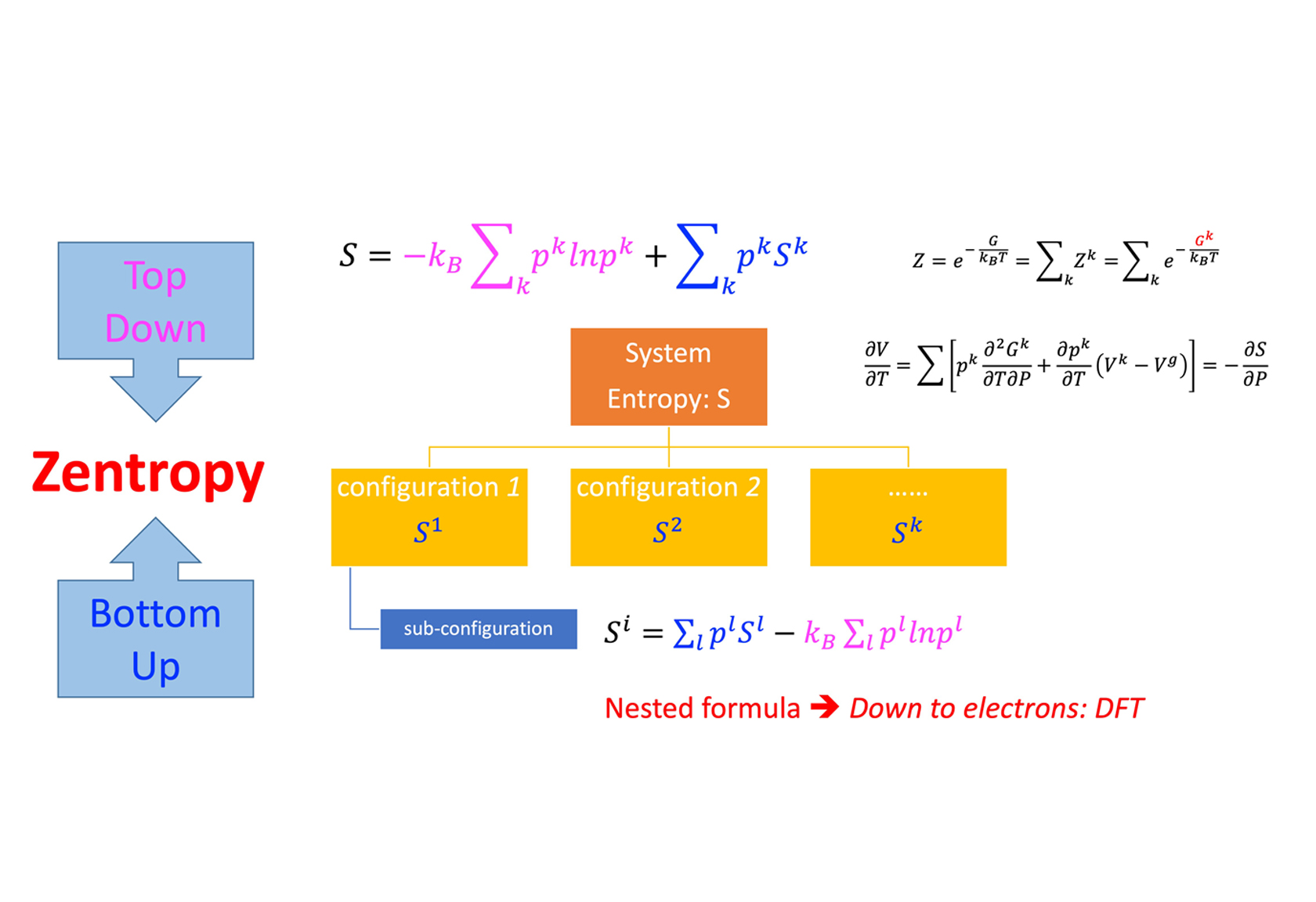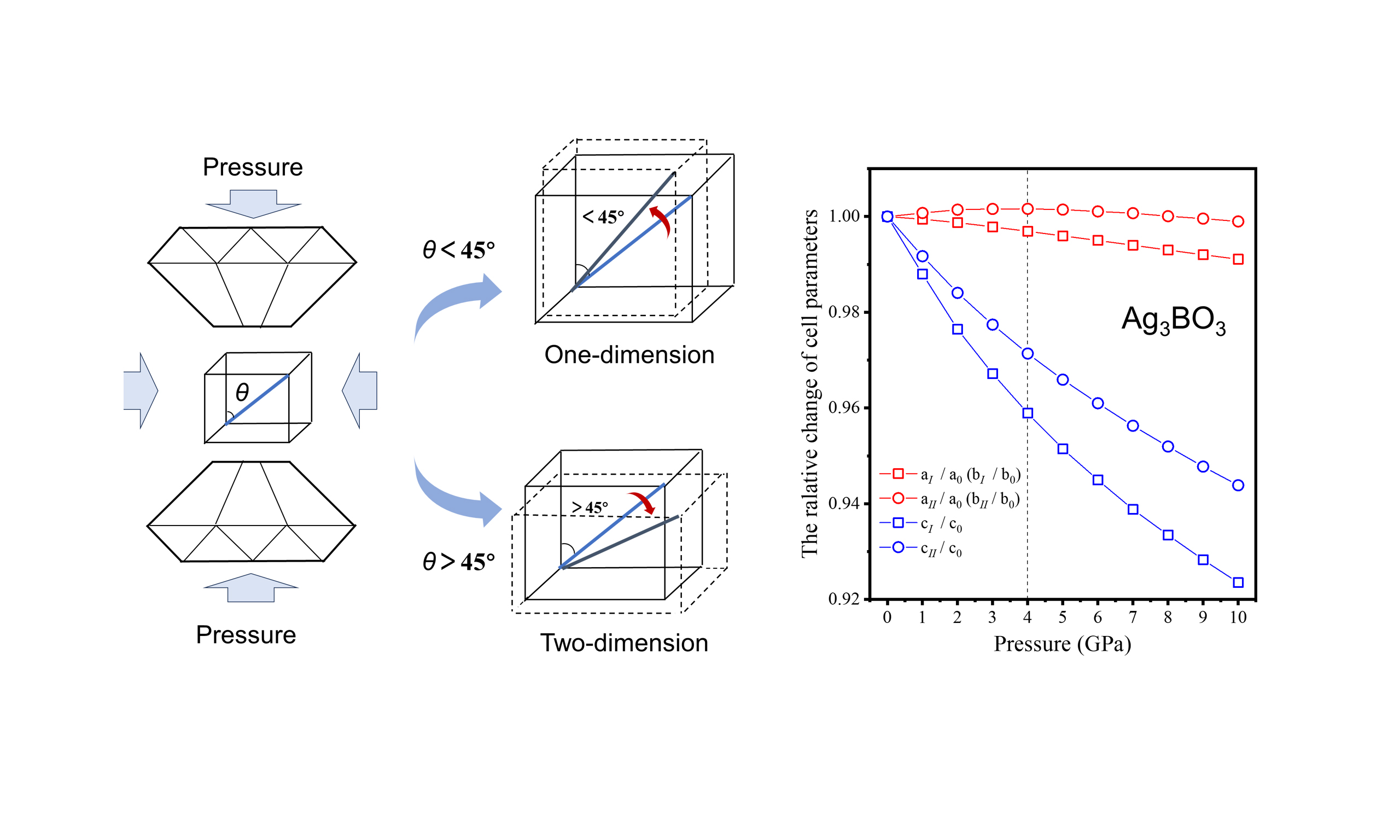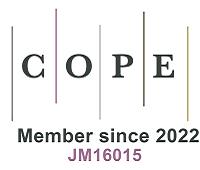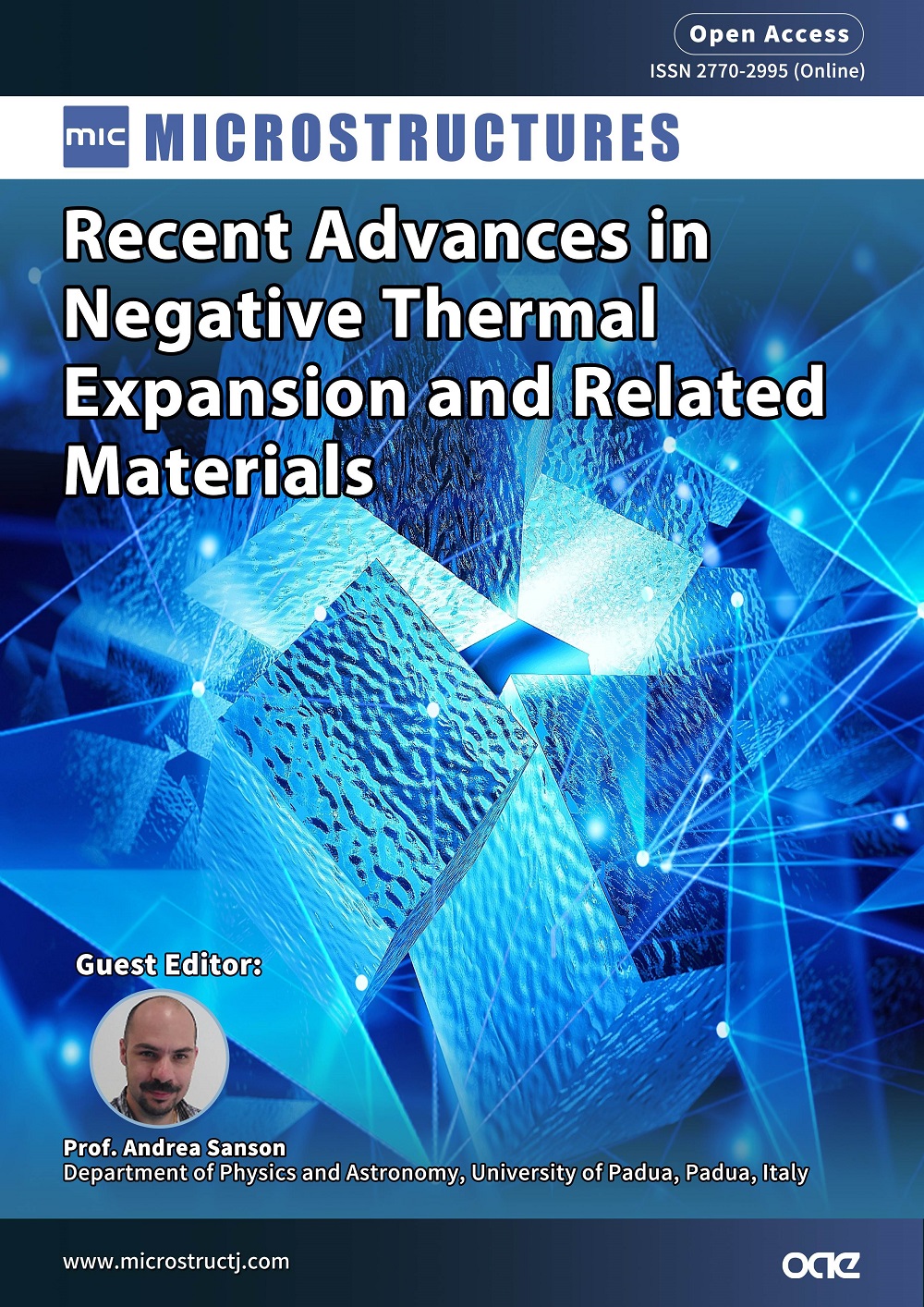
Topic: Recent Advances in Negative Thermal Expansion and Related Materials
Guest Editor(s)
Special Issue Introduction
After the discovery in 1996 of a large negative thermal expansion (NTE) over a wide temperature range in zirconium tungstate, the interest in NTE has rapidly grown and the goal of controlling thermal expansion has become possible. NTE phenomenon is known to arise from a range of different mechanisms, such as low-energy vibrational modes in open-framework materials, magnetic and ferroelectric transitions, or charge transfer in the case of intermetallic compounds. To date, many NTE materials have been discovered and different methods are under investigation to achieve the control of thermal expansion, but there is still a long way to go.
This Special Issue aims to collect research papers and review articles of the 4th International Symposium on Negative Thermal Expansion and Related Materials (ISNTE-4), scheduled on July 5-7, 2023, in Padua, Italy, but is also open to external contributions. The Special Issue will focus on the recent advances in negative thermal expansion and related materials and will include (not limited to) the following subjects:
● NTE phenomena of phonon, electronic and magnetic origin;
● NTE materials (oxides, fluorides, metal organic frameworks, intermetallics, organic molecular materials, polymers, meta materials, etc.);
● different strategies for controlling the thermal expansion of materials and related applications;
● relationship between thermal expansion and thermo-responsive properties.
Keywords
Submission Deadline
Submission Information
For Author Instructions, please refer to https://www.oaepublish.com/microstructures/author_instructions
For Online Submission, please login at https://www.oaecenter.com/login?JournalId=microstructures&IssueId=microstructures2402291449
Submission Deadline: 29 Feb 2024
Contacts: Yanlin Huang, Assistant Editor, assistant_editor@microstructj.com



